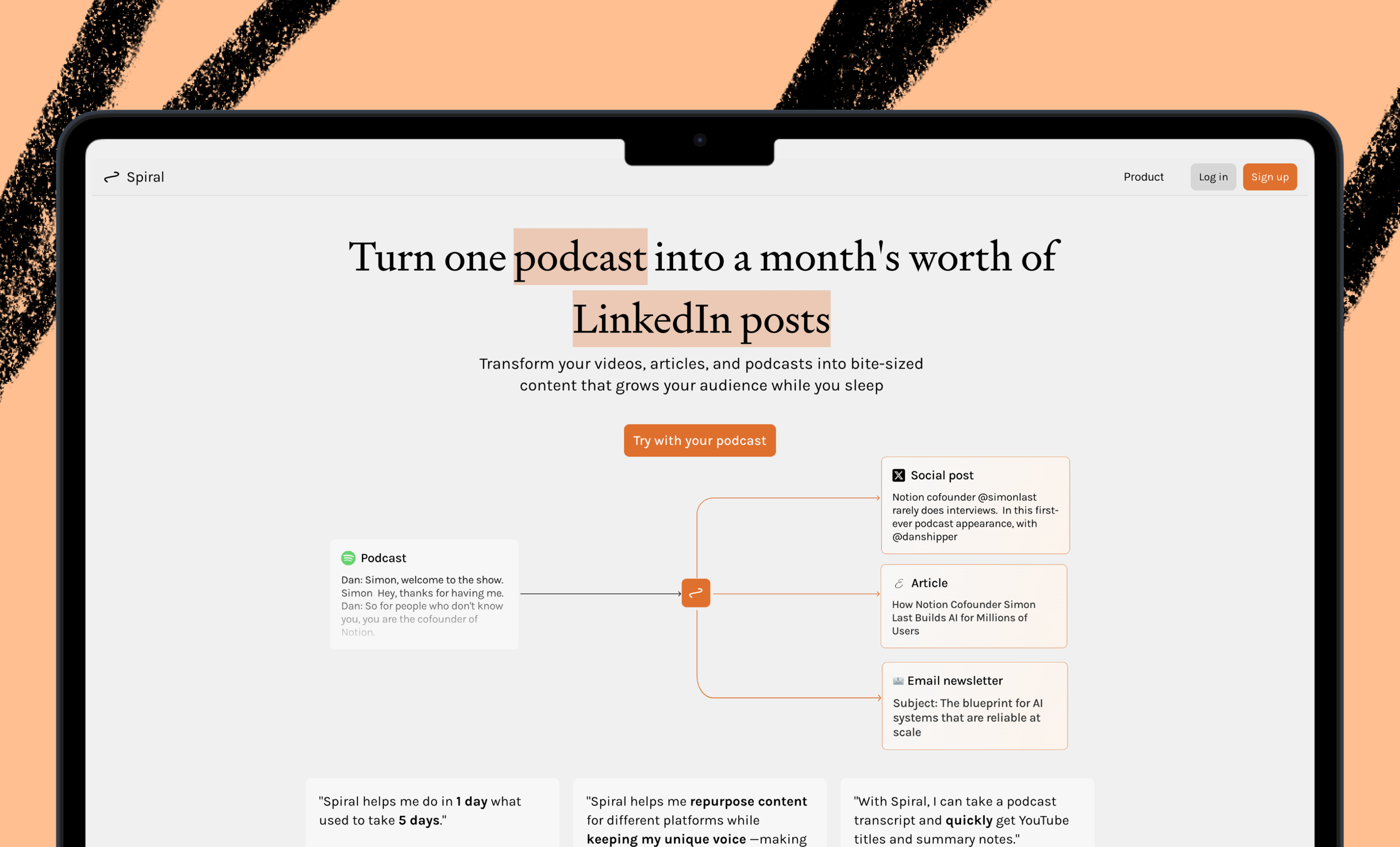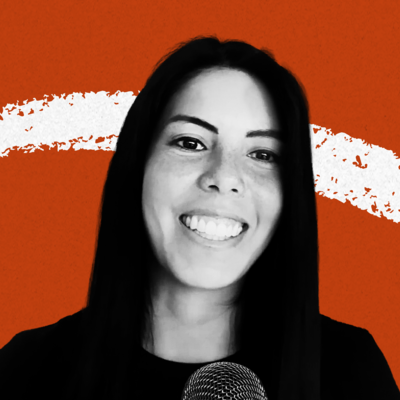.png)
TL;DR: Today we’re releasing a new episode of our podcast AI & I. Dan Shipper goes in depth with Thomas Dohmke, the CEO of GitHub. Watch on X or YouTube, or listen on Spotify or Apple Podcasts. Here’s a link to the episode transcript.
Was this newsletter forwarded to you? Sign up to get it in your inbox.
After Thomas Dohmke and his team first watched GPT-3 write code in June of 2020, they got straight to work. The product they built, GitHub Copilot, brought AI into workflows that developers already used—and it’s now the biggest player in the coding agent market.
Last week, Dan Shipper—who was on the ground at Microsoft Build—sat down with the GitHub CEO to talk about Copilot’s journey to 15 million users. In this episode of AI & I Dan and Dohmke go deep on GitHub’s newest agent, how it fits into today’s developer ecosystem, and the product decisions that brought it here.
You can check out their full conversation here:
If you want a quick summary, here are some of the themes they touch on:
Copilot’s place in the coding agent wars
Dohmke compares the dynamic between Copilot and popular AI code editors Cursor and Windsurf with classic tech rivalries—Windows versus Mac, iPhone versus Android—to argue that mature markets naturally consolidate around two or three dominant players. “The race is on and I’m very excited about the competition because we ultimately believe in developer choice,” he says. While Copilot is no longer the only game in town, Dohmke points out it still has the largest user base. (For comparison, Cursor and Windsurf have around a million users each.)
All the same, he makes it clear that being the biggest doesn’t guarantee staying ahead. GitHub’s strategy is to keep aggressively shipping—there have been over 100 updates to Copilot in 2025 alone—and expand its agent capabilities beyond just generation to include code review and security fixes.
Inside the product philosophy for Copilot’s new agent
In an effort to meet developers where they work, GitHub has embedded Copilot into ecosystems developers already trust—like GitHub Actions (used for automating tests and deployments) and VS Code, a well-known coding environment. When it comes to AI models, GitHub supports a range of options beyond OpenAI, including Claude, Gemini, and DeepSeek. They want to enable choice for developers, letting them select tools based on preference, performance, and their own personal taste.
Dohmke explains that Copilot is designed to feel as natural as delegating to a coworker. For example, in VS Code, you can chat with Copilot to write a test, and behind the scenes it spins up a process using GitHub Actions, creates a pull request, and logs everything, just like your colleague might.
This approach also makes Copilot as “accountable” as your colleague for the work they do. If an agent behaves unpredictably (as LLMs are wont to do occasionally), everything is logged so teams can trace what happened, when, and why.
Why Dohmke thinks understanding code still matters
The definition of who gets to be a developer is expanding. Vibe coding—people using AI to build software without deep technical knowledge—is allowing more people than ever to “code,” and Dohmke highlights how powerful that can be to build selfish software that solves narrow, personal problems.
But when it comes to software development for products that deliver commercial value, Dohmke is clear: You have to understand the code. “[If] software is your business, you've gotta understand what the code does,” he says, “because otherwise you're going to have security vulnerabilities [and] you're going to have functional issues.”
Here’s a link to the episode transcript.
You can check out the episode on X, Spotify, Apple Podcasts, or YouTube. Links are below:
- Watch on X
- Watch on YouTube
- Listen on Spotify (make sure to follow to help us rank!)
- Listen on Apple Podcasts
What do you use AI for? Have you found any interesting or surprising use cases? We want to hear from you—and we might even interview you.
Miss an episode? Catch up on Dan’s recent conversations with founding executive editor of Wired Kevin Kelly, star podcaster Dwarkesh Patel, LinkedIn cofounder Reid Hoffman, former a16z Podcast host Steph Smith, economist Tyler Cowen, writer and entrepreneur David Perell, founder and newsletter operator Ben Tossell, and others, and learn how they use AI to think, create, and relate.
If you’re enjoying the podcast, here are a few things I recommend:
- Subscribe to Every
- Follow Dan on X
- Subscribe to Every’s YouTube channel
Rhea Purohit is a contributing writer for Every focused on research-driven storytelling in tech. You can follow her on X at @RheaPurohit1 and on LinkedIn, and Every on X at @every and on LinkedIn.
We build AI tools for readers like you. Automate repeat writing with Spiral. Organize files automatically with Sparkle. Deliver yourself from email with Cora.
We also do AI training, adoption, and innovation for companies. Work with us to bring AI into your organization.
Get paid for sharing Every with your friends. Join our referral program.
Ideas and Apps to
Thrive in the AI Age
The essential toolkit for those shaping the future
"This might be the best value you
can get from an AI subscription."
- Jay S.
Join 100,000+ leaders, builders, and innovators

Email address
Already have an account? Sign in
What is included in a subscription?
Daily insights from AI pioneers + early access to powerful AI tools










Comments
Don't have an account? Sign up!